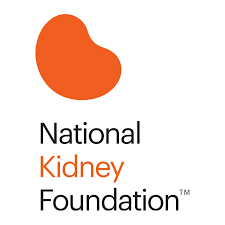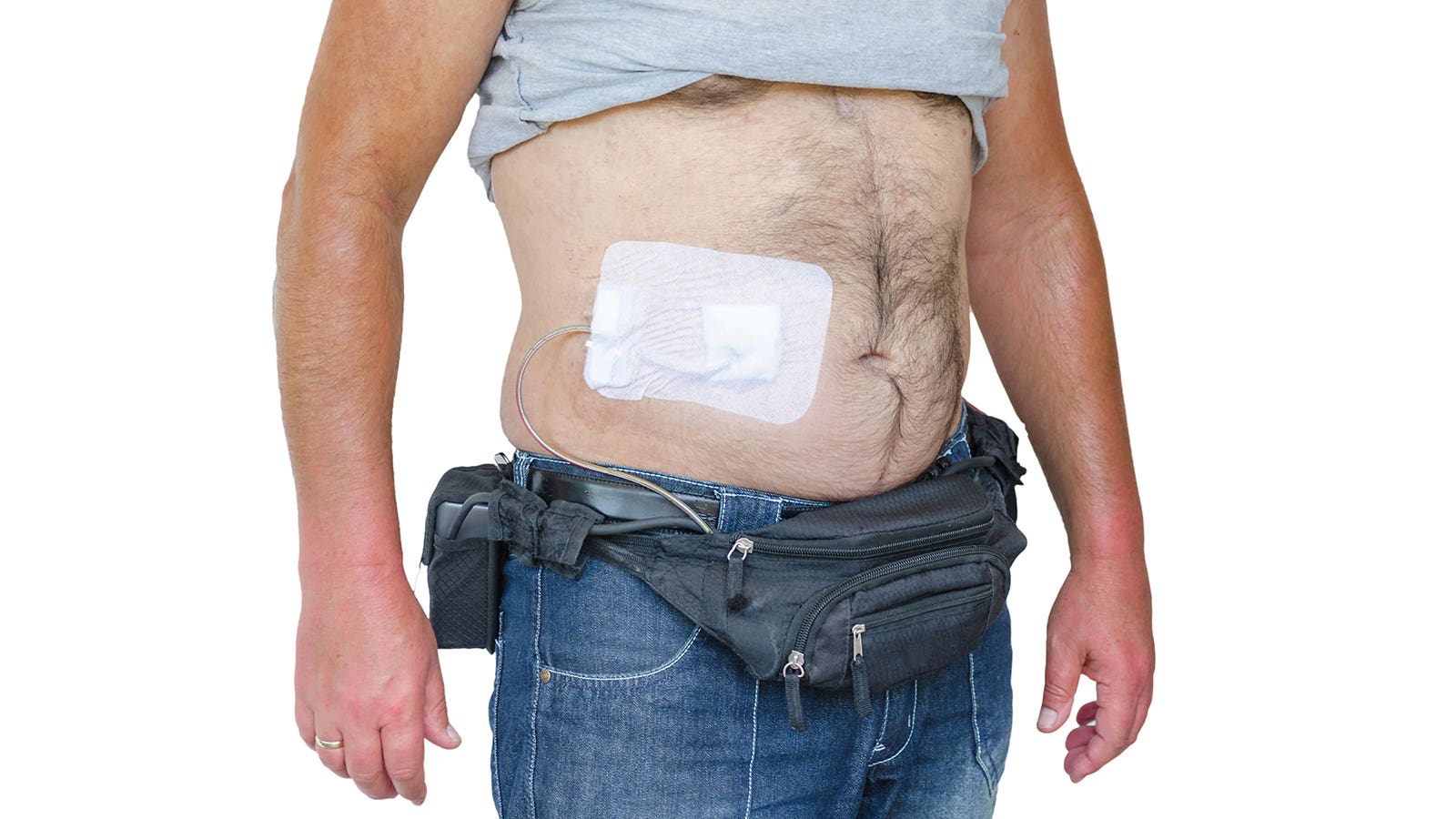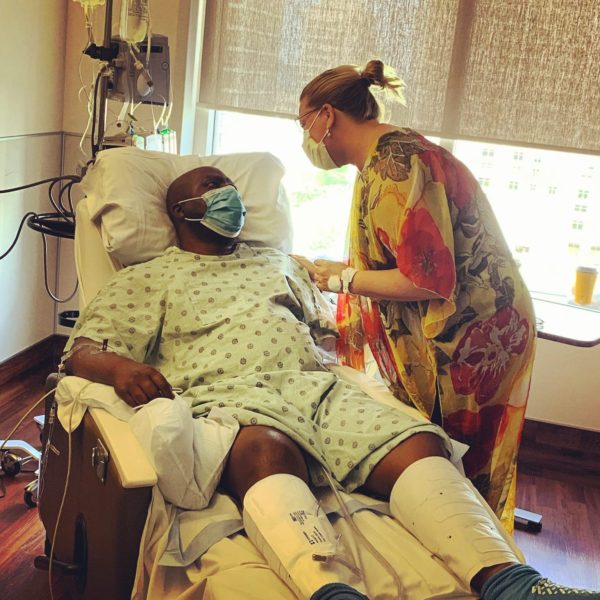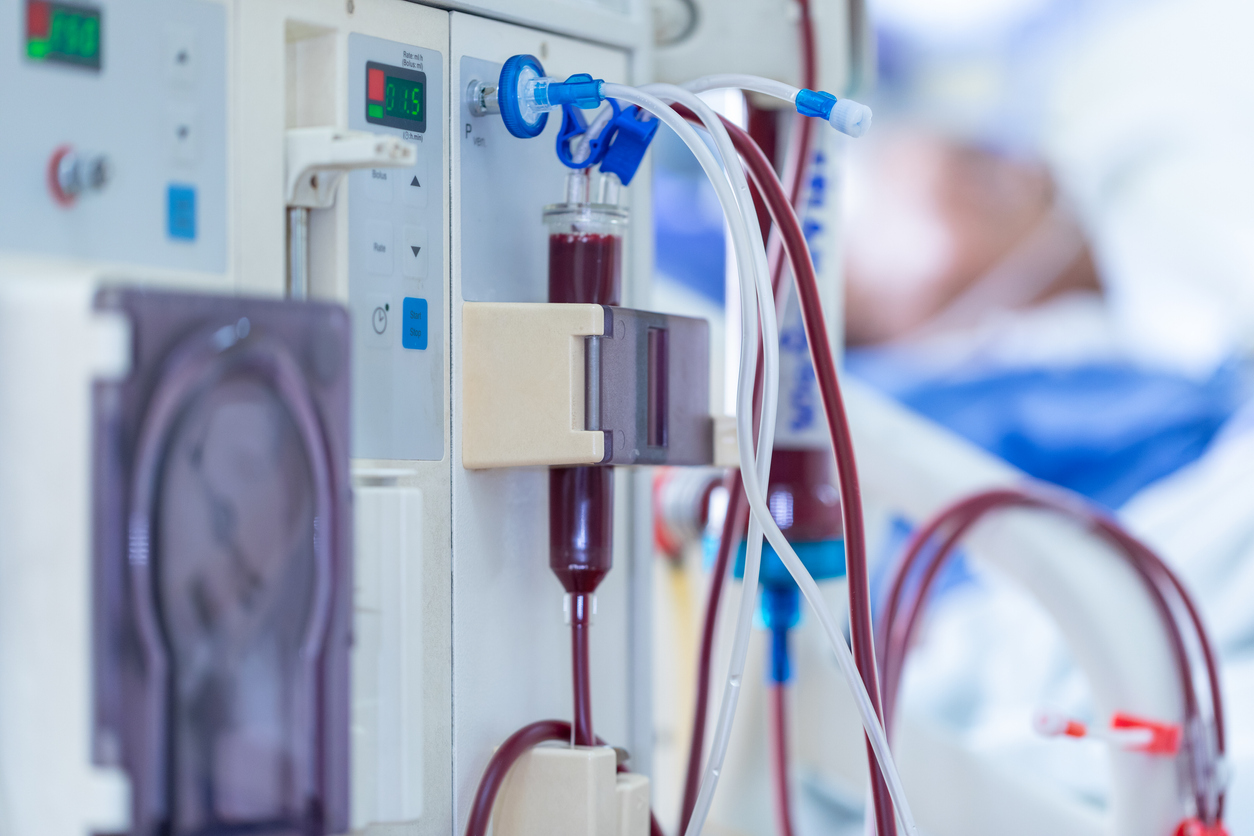“When your kidneys fail, treatment is needed to replace the work your own kidneys can no longer do. There are two types of treatment for kidney failure: dialysis or transplant. Many people feel that a kidney transplant offers more freedom and a better quality of life than dialysis. In making a decision about whether this is the best treatment for you, you may find it helpful to talk to people who already have a kidney transplant. You also need to speak to your doctor, nurse and family members.”
Learn more here.








